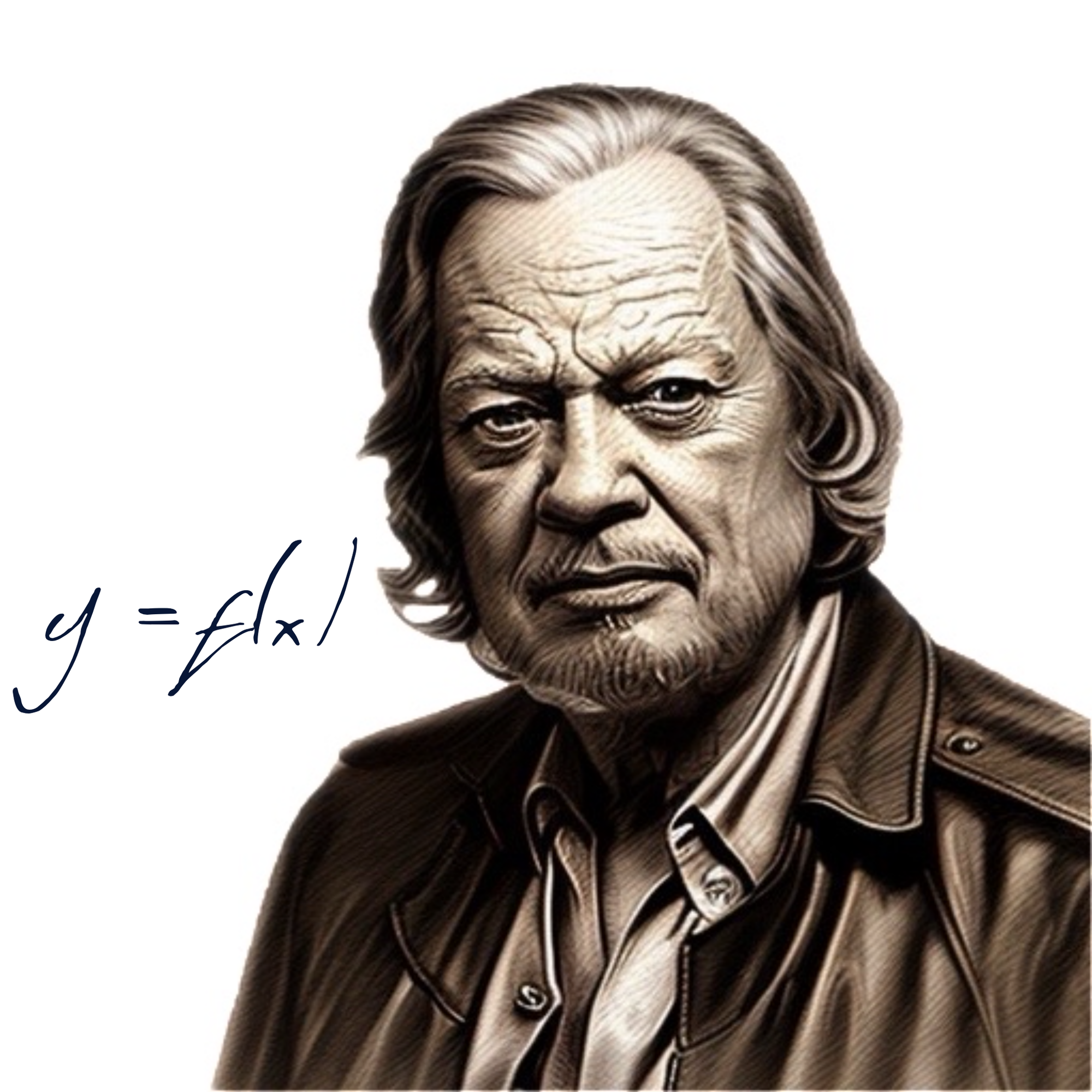Table of Contents
2024 is going to be a four-way war of religion
In the corners
The parties are
- The alliance of MOD Squad elements with the new experience of a religious minority coming into political power from the Muslim community—the Left
- The secular humanists, represented by President Biden at the head of The Establishment—the Center Right
- The free market fundamentalists, represented by Mitt Romney, the RINO-in-chief—the Right
- The other RINOs, known as MAGA, represented by their diety, Trump—the heirs to the Weathermen
The Reactionaries and the Counter-revolutionaries
I'm going to discuss only RINO and MAGA in terms of their religious sensibilities. I was provoked earlier today when I read an opinion piece that reminded me of John Adams' quote:
Our Constitution was made only for a moral and religious people. It is wholly inadequate to the government of any other. John Adams in a letter to the officers of the First Brigade of the Third Division of the Militia of Massachusetts, dated October 11, 1798.
A second essay provided a harmony. The two articles were RINO version of the same sentiment Adams expressed. It got me thinking about how the world is a messy, uncertain place. If we had to approach each day from first principles, we'd go mad. So I understand the desire for a universal answer to that childlike question of "why?"
Gods and religion provide a handy answer, especially when there is a universally agreed upon formula for how to stay in good graces with the almighty. But when that orthodoxy breaks down, as it did starting in the early modern era with the Protestant Reformation, it unleashes chaos.
Luther set out to restore Catholicism to a vision of primordial purity and so set off the Wars of Religion that wracked Europe in the 16th and 17th centuries—the German Peasants' War, the Schmalkaldic Wars in the Holy Roman Empire, the brutal French Wars of Religion between Catholics and Huguenots, the Eighty Years' War in the Netherlands as they fought for independence from Catholic Spain, and the utterly devastating Thirty Years' War that engulfed most of Europe.
The concept of cuius regio, eius religio (whose realm, his religion) took hold as a corrective to reestablish local orthodoxy—the idea that the ruler determined the religion of a territory and subjects had to conform or leave. It imposed a type of order after a high human cost. The Reformation and Wars of Religion totally transformed the political, social and cultural landscape and notions of tolerance and separation of church and state slowly began to emerge from the rubble.
In our times, Evangelical Christianity has disrupted the uneasy balance between the secular and the religious. The concept of unmediated divine revelation makes enforcing any kind of orthodoxy nearly impossible. Everyone may claim that God speaks directly to them. But of course, the content of that revelation differs wildly from person to person based on their preexisting beliefs and social influences. In the MAGA crowd, the divine figure seems to be Donald Trump himself, in a troubling deification of a political celebrity.
This impulse to worship charismatic leaders as semi-divine isn't new. Cults formed around figures like the late Prince Philip on Vanuatu . Rastafarians revere deceased Ethiopian emperor Haile Selassie I as a deity. I sometimes quip that cults are just small new religious movements that haven't been around long enough yet to qualify for tax-exempt status.
I trace the religious underpinnings of RINOcracy back to Max Weber's Protestant work ethic which links earthly success with divine favor, the extreme individualism of Ayn Rand's Objectivist philosophy epitomized by John Galt, and the neoliberal worldview championed by the likes of Margaret Thatcher that sees unrestrained free market capitalism as the highest good.
At the core, they share an emphasis on the individual, a belief that worldly success indicates moral rectitude, and a faith in unfettered markets as the ultimate arbiter of human worthiness. They justify and celebrate inequality as simply the natural and right order. The losers are seen to deserve their fate. A sort of prosperity gospel merged with social Darwinism.
This aligns superficially with the old Puritan spirit that Mencken wryly described as "the haunting fear that someone, somewhere, may be happy." Actually, the old Puritan spirit was more in the line of "we are all sinners in the hands of an angry God."
Richard Hofstadter wrote about the paranoid style in American politics and how it relies on exaggeration, suspicion, conspiratorial fantasy, and Manichean demonization of opponents. Enemies are everywhere—Masons, Papists, Catholic, godless Commies infiltrating everywhere and international Jewry, the old standby. The enemies rotate, coming into prominence, and fading into the background, but they are always lurking, ready to pounce on the mass of the beleaguered who not many are actually looking to pay attention to, other than the candidates who crave their votes.
William F. Buckley, the godfather of modern conservatism, argued for enforcing ideological and religious orthodoxy in higher education in his book God and Man at Yale. Under the guise of challenging liberal academia, he wanted to mandate his own preferred form of conservative Christian orthodoxy. It's probably no accident that Yalies were among the founding law students of the Federalist Society for Law and Public Policy Studies in 1982.
When LBJ signed the Civil Rights Act in 1964, he foresaw that he was trading the South for Black political support and racial justice. He reportedly said the Democratic Party had "lost the South for a generation." More like two or three generations, as it has turned out so far.
Nixon exploited the fissure with his "Southern Strategy"—using coded racial appeals to peel away disaffected white voters from the Democratic coalition. The 1968 election totally realigned American electoral politics. The GOP went all in on this strategy of division.
I lived through this so it doesn't surprise me to see, in retrospect, how we arrived at this point. A point where a significant faction refuses to accept the legitimacy of any electoral loss, where conspiracy theories run rampant, and where the social fabric feels stretched to the breaking point.
RINOcracy and Trumpocracy are the reactions of the fearful who think they can win by grafting the secular religion of the free market onto the stock of conventional piety, on the one hand, and the nihilism of Hitler in the bunker on the other. It may be healthier if Trumpism were to fade quietly even over years than bringing about civil Ragnarök. I think of RINOcracy in service of holding on to what they have and the other making sure that no one has it.
I have no solutions But I know we need to find our way back to some semblance of a shared reality, a basic agreement on facts and norms. Without shared facts, no recognition of our common humanity and inherent human fallibility will temper our politics.







